Europe, Apr 20 (V7N)-Top US, French and Ukrainian met in Paris on Thursday for talks that could see sidelined European officials reinsert themselves into the sluggish US-led negotiations to end the Ukraine war.
French President Emmanuel Macron personally received US Secretary of State Marco Rubio and presidential envoy Steve Witkoff, who recently met personally with Russian President Vladimir Putin as the Trump administration tries to thrash out a deal to bring the three-year war to a close.
A French government source described the talks as "positive and constructive" and announced there would be further discussions involving key European, Ukrainian and US officials in London next week.
"I believe the Americans see the interest in working in this format," the source told reporters on condition of anonymity, after a day of back-to-back talks.
High-ranking officials from Britain and Germany, plus Ukrainian presidential adviser Andrii Yermak, were also in Paris. Before the talks, Macron's office said the goal was to "review progress on peace negotiations aimed at ending the Russian aggression in Ukraine."
Zelensky: ‘We must put pressure on the killers’
In the run-up to his inauguration this January, US President Donald Trump vowed to rapidly end the war in Ukraine, which began when Russia launched a full-scale invasion in February 2022.
Shortly after taking office, Trump floored European leaders by opening bilateral talks with the Kremlin to end the war in Ukraine, sidelining traditional allies that, like the US, have funneled billions to Ukraine as it fights off Russia.
Those talks have yet to lead to significant breakthroughs. A few weeks back, Putin rejected a US-Ukrainian proposal for a ceasefire, irking the Trump administration.
On Thursday, Ukrainian President Volodymyr Zelensky called on those gathering in Paris to apply pressure on the Kremlin.
"Russia uses every day and every night to kill. We must put pressure on the killers ... to end this war and guarantee a lasting peace," he wrote on Telegram.
In Russia, Kremlin spokesperson Dmitry Peskov dismissed the talks. "Unfortunately, we see from Europeans a focus on continuing the war," he said.
Trans-Atlantic rapprochement in the cards?
The first months of Trump's second term in the White House have been highly challenging for trans-Atlantic relations, not only due to the Ukraine negotiations.
In recent weeks, the opening salvos of trade war, with 10% tariffs slapped on almost all goods imported into the US, were also a nasty shock for Europe.
When Rubio met with his Nato counterparts, most of whom are also from EU member states, in Brussels two weeks ago, he was at great pains to stress that the US still valued the defense alliance and its European partners. But many allies expressed exasperation with the Trump tariffs and the US insistence of spending 5% of GDP on defense.
Since then, the Trump administration has backed away from some of its more extreme threats on trade measures, calling for a three-month pause to allow for negotiations.
With Italian Prime Minister Giorgia Meloni visiting Washington on Thursday, Trump said he foresaw a trade deal with the EU, potentially signalling a way out of the tariff dispute.
Europe tries to retake seat at the table
As the US has pivoted away from Ukraine and cultivated a potential rapprochement with Russia, Macron, together with British Prime Minister Keir Starmer, has been coordinating a group of around 30 countries trying to fill the possible void for Ukraine.
The pair is planning a "reassurance force" of international troops to act as a deterrent to further Russian incursions in a post-conflict scenario. The Kremlin has slammed the initiative as a provocation.
However, many officials in Nato countries feel such a force would de facto require some form of US support to be viable.
The same French government source who announced follow-up talks in London said they believed the US had very appreciated Franco-British initiative in recent weeks.
For European officials, Thursday's talks may have offered a chance to reinsert themselves fully into the currently stalled negotiations and reshape them in their favor. Some of the terms floated during negotiations have been unacceptable to both Ukraine and the EU.
One EU diplomat, speaking on condition of anonymity before talks began, said it was a good first step. "It depends very much on … how concretely they involve Europeans in the negotiations in the future."
But Marie Dumoulin, an analyst from the European Council on Foreign Relations, sees things a little differently. "To me, this meeting is rather about Europeans trying to clarify to the US how they can contribute to Ukraine's future and Ukraine's future security," she told DW.
"This may mean the US is understanding that Europeans will be need to be on board of a future agreement, which is something the Russians have already made clear. I'm not sure we can see it as a kind of rapprochement."
END/MSS/AJ



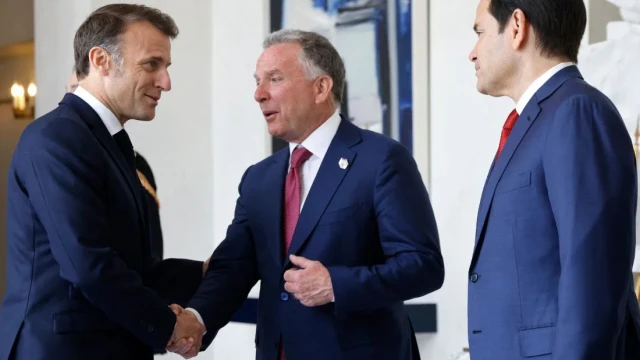
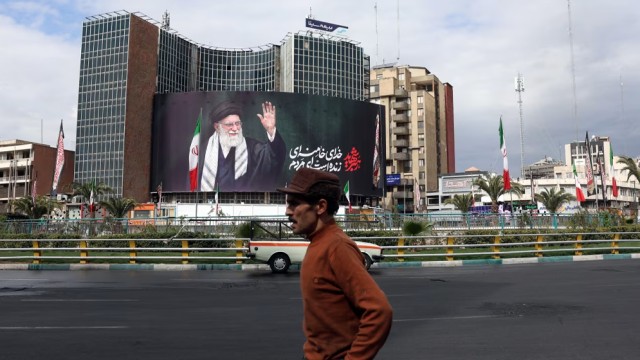
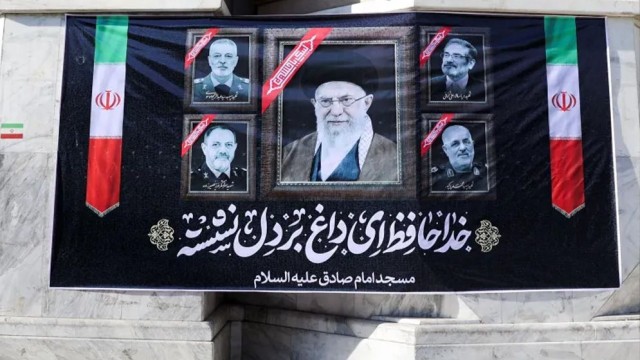
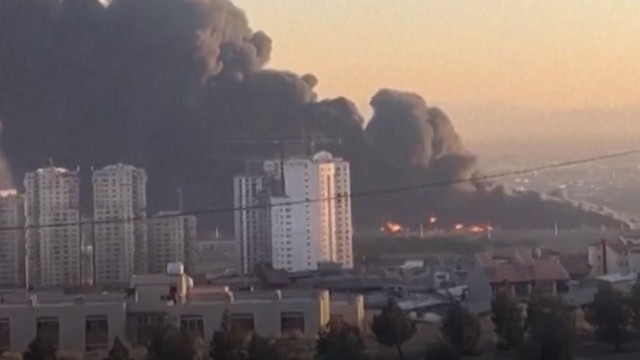
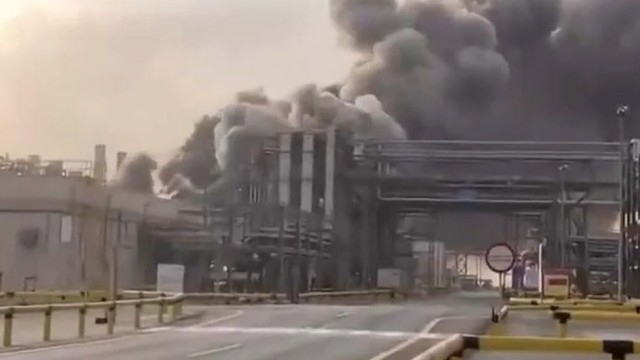
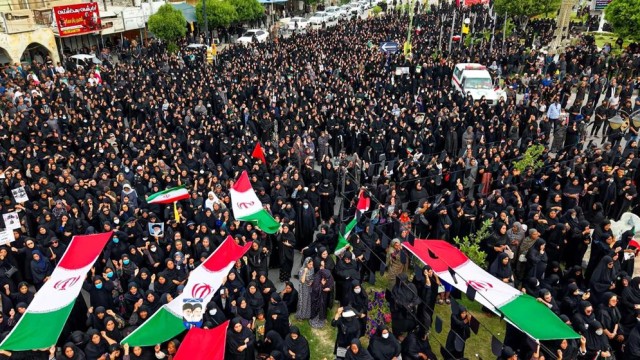
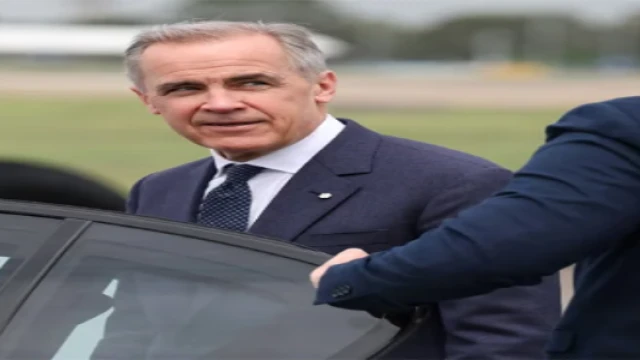
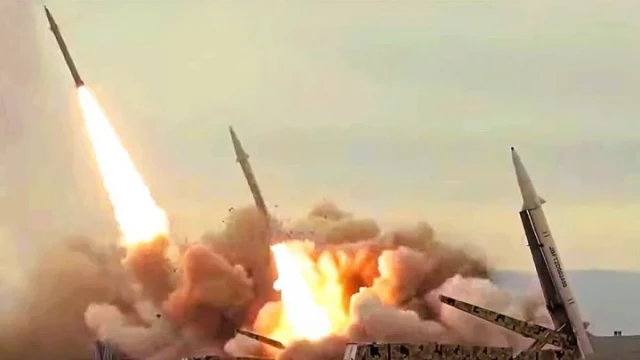
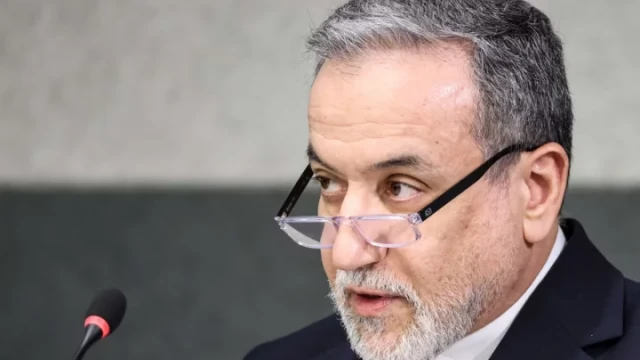
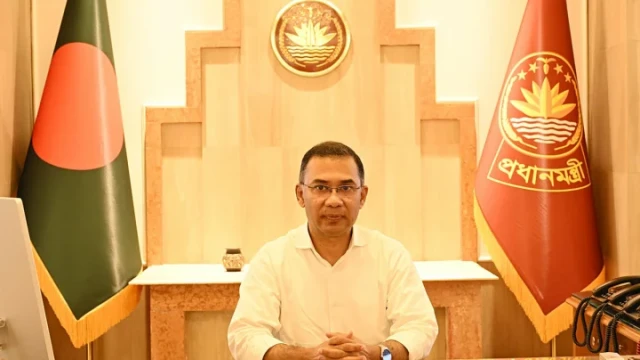
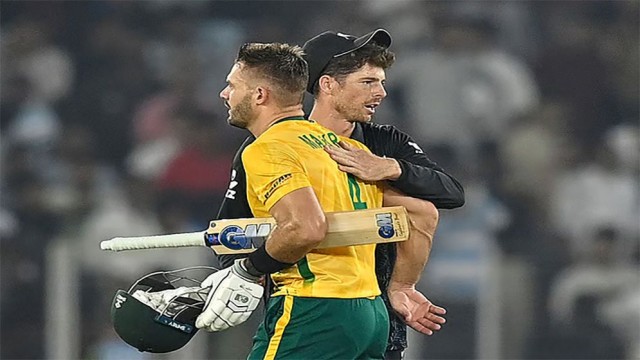
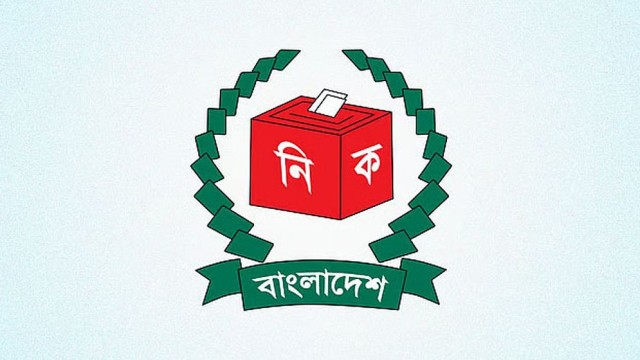
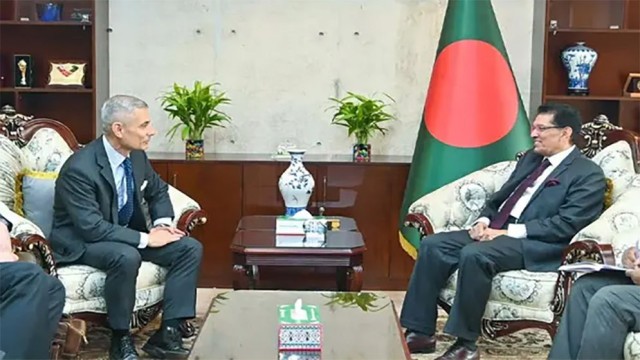
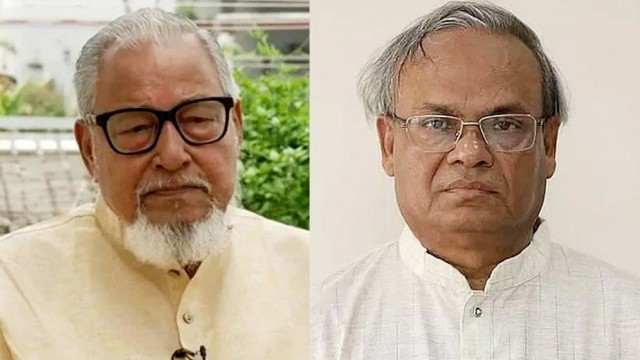
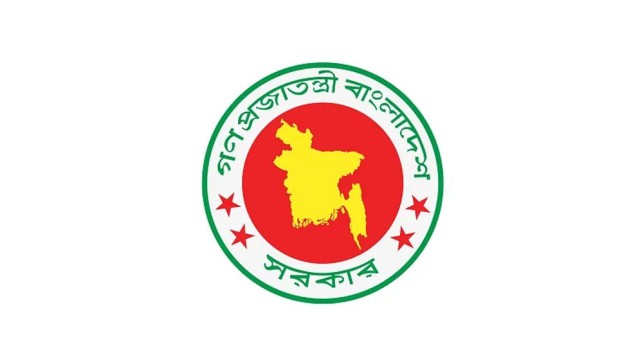











Comment: